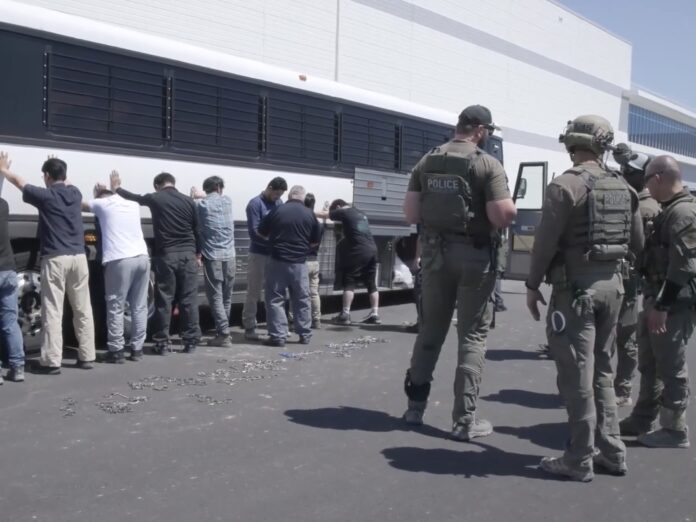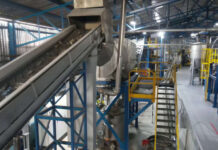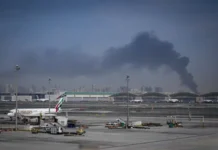
South Korea is preparing to repatriate a group of its nationals detained in the United States over immigration-related violations, even as Washington signals an escalation of workplace raids targeting employers who hire undocumented labor.
According to Reuters, Seoul’s Ministry of Foreign Affairs confirmed it is arranging chartered flights to bring back the affected workers, many of whom were apprehended during recent U.S. enforcement sweeps in multiple states.
The Wall Street Journal reported that the U.S. Department of Homeland Security has stepped up inspections and arrests under President Donald Trump’s directive to crack down on illegal employment.
Officials said the raids are not only aimed at workers but are increasingly focused on penalizing employers accused of knowingly hiring undocumented labor. This policy shift has heightened anxiety within immigrant communities and among businesses that depend heavily on foreign labor.
Bloomberg noted that South Korea has been in close communication with U.S. authorities to ensure that the rights of its citizens are respected during detention and deportation proceedings.
A spokesperson from Seoul emphasized that while South Korea respects U.S. laws, it is prioritizing the safety and welfare of its nationals and has urged Washington to handle the cases with due process.
According to the New York Times, U.S. officials have defended the expanded enforcement campaign, arguing that tougher measures are necessary to safeguard jobs for American citizens and to deter unlawful migration. However, human rights organizations and immigrant advocates have criticized the raids as heavy-handed, saying they disproportionately target vulnerable workers while giving employers relatively lighter penalties.
The development underscores the growing tension between Washington’s domestic immigration agenda and the concerns of foreign governments whose citizens are affected.
Analysts warn that if the crackdown intensifies, it could strain labor markets in industries such as agriculture, food processing, and construction, where immigrant labor remains critical.
Source: Reuters
Written By Ian Maleve


















